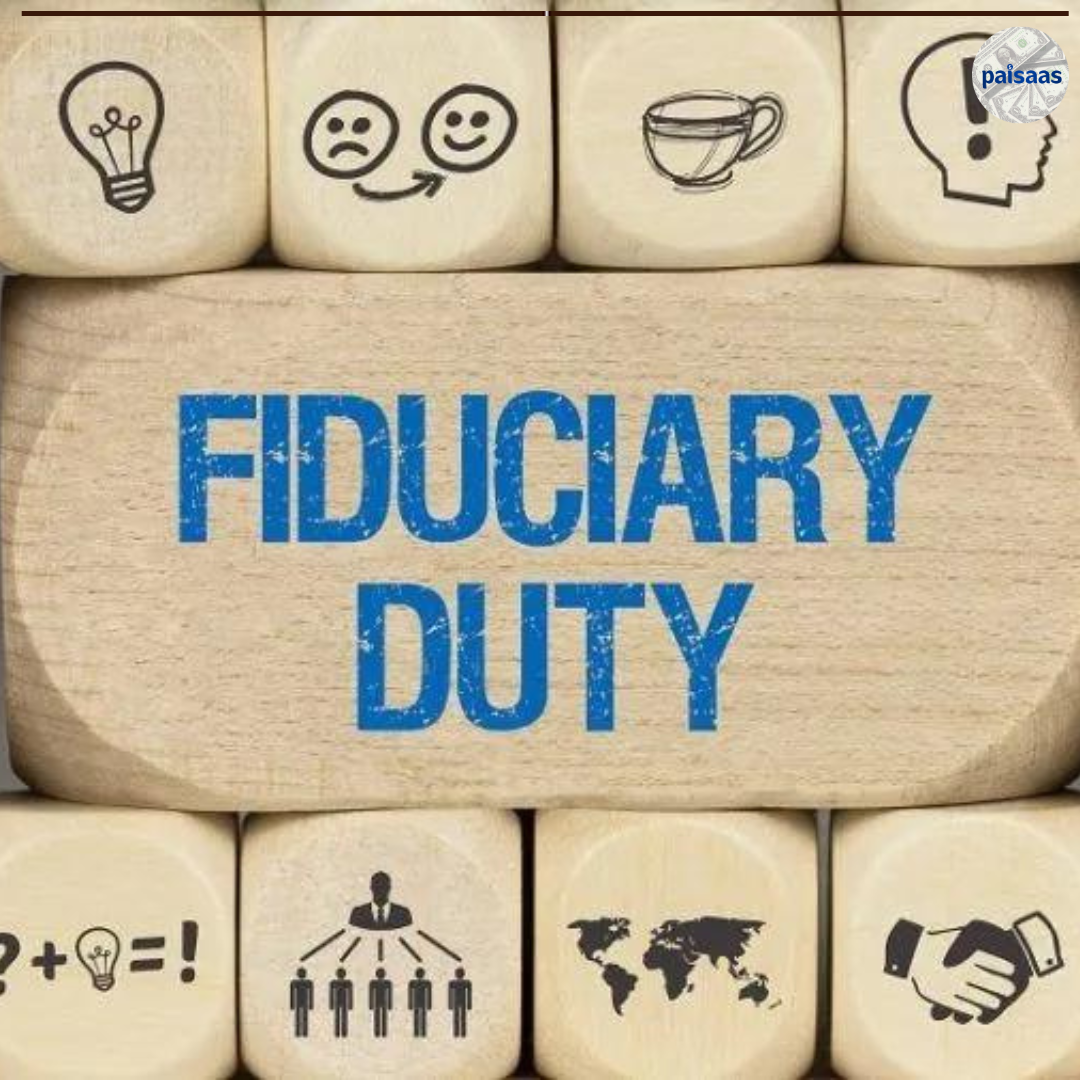

“Upholding Accountability: Corporate Governance and Fiduciary Responsibility”
Upholding Accountability: Corporate Governance and Fiduciary Responsibility
Introduction: In the realm of business, corporate governance and fiduciary responsibility play pivotal roles in ensuring transparency, accountability, and ethical decision-making. These principles guide organizations in their pursuit of sustainable growth while safeguarding the interests of shareholders, stakeholders, and the wider society. This article explores the significance of corporate governance and fiduciary responsibility, their impact on business operations, and the benefits they offer in maintaining a robust and responsible corporate culture.
Understanding Corporate Governance: Corporate governance refers to the framework of rules, practices, and processes by which organizations are directed and controlled. It encompasses the relationship between a company’s management, board of directors, shareholders, and other stakeholders. The primary objectives of corporate governance are to promote integrity, fairness, and accountability in the decision-making processes of organizations.
The Importance of Fiduciary Responsibility: Fiduciary responsibility refers to the legal and ethical obligation of individuals, particularly those in positions of trust and authority within an organization, to act in the best interests of the company and its stakeholders. Directors, executives, and other key decision-makers have a fiduciary duty to exercise due care, loyalty, and good faith in their decision-making processes. This responsibility helps protect shareholders’ investments, minimize conflicts of interest, and foster sustainable long-term growth.
The Impact on Business Operations:
- Transparency and Accountability: Effective corporate governance practices ensure transparency in financial reporting, decision-making processes, and disclosure of information to stakeholders. Transparent operations enhance investor confidence, attract capital, and establish a foundation of trust between the company and its shareholders. Accountability mechanisms, such as regular reporting and independent audits, help monitor performance and ensure adherence to legal and ethical standards.
- Risk Management and Compliance: Corporate governance frameworks incorporate risk management practices, enabling organizations to identify, assess, and mitigate risks effectively. Sound risk management practices enhance the organization’s ability to respond to market changes, regulatory requirements, and emerging challenges. Compliance with laws, regulations, and ethical standards is an integral part of good corporate governance, promoting responsible behavior and protecting stakeholders’ interests.
- Board Effectiveness and Oversight: An essential element of corporate governance is the role of the board of directors. Boards provide strategic guidance, oversee executive performance, and make critical decisions on behalf of shareholders. A well-structured board, comprising independent and diverse directors, promotes effective oversight, enhances decision-making processes, and reduces the potential for conflicts of interest.
Benefits of Corporate Governance and Fiduciary Responsibility:
- Stakeholder Confidence: Robust corporate governance practices instill confidence among stakeholders, including shareholders, employees, customers, and suppliers. The transparent and accountable nature of governance frameworks fosters trust and encourages long-term relationships, leading to enhanced reputation and sustained business growth.
- Investor Protection: Corporate governance mechanisms protect the interests of shareholders and investors by ensuring fair treatment, equitable voting rights, and access to accurate and timely information. This protection attracts investment capital and supports the growth and stability of financial markets.
- Ethical Culture and Reputation: A strong commitment to corporate governance and fiduciary responsibility promotes an ethical organizational culture. Companies that prioritize integrity, accountability, and responsible decision-making tend to build a positive reputation, attract top talent, and enjoy long-term success.
Conclusion: Corporate governance and fiduciary responsibility are vital pillars that underpin ethical, transparent, and accountable business practices. By upholding these principles, organizations can navigate complex challenges, mitigate risks, and foster sustainable growth. Transparent operations, effective risk management, and strong oversight mechanisms contribute to stakeholder confidence, investor protection, and a positive corporate reputation. Embracing corporate governance and fulfilling fiduciary responsibilities not only benefits individual organizations but also strengthens the overall health and stability of the business ecosystem.




